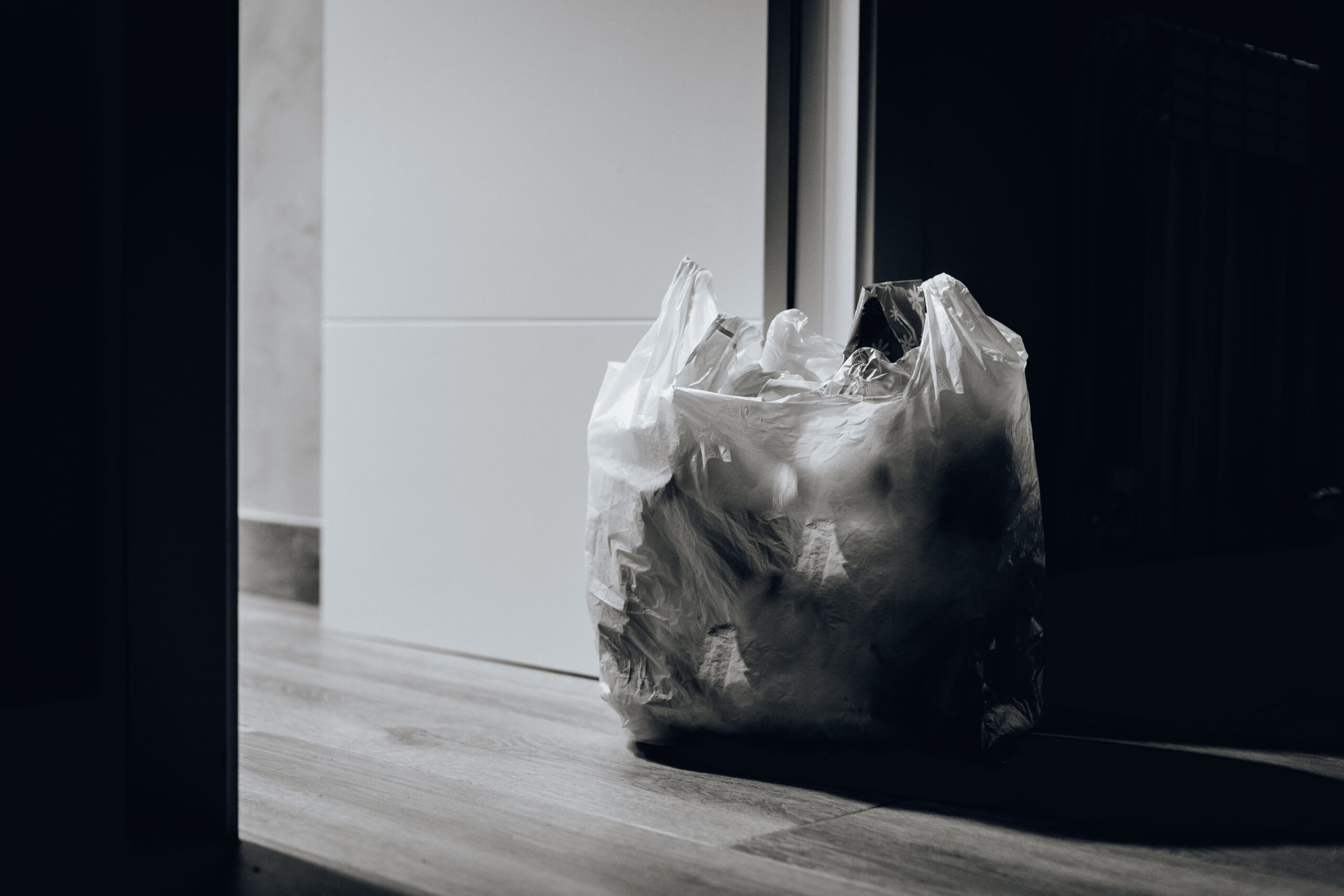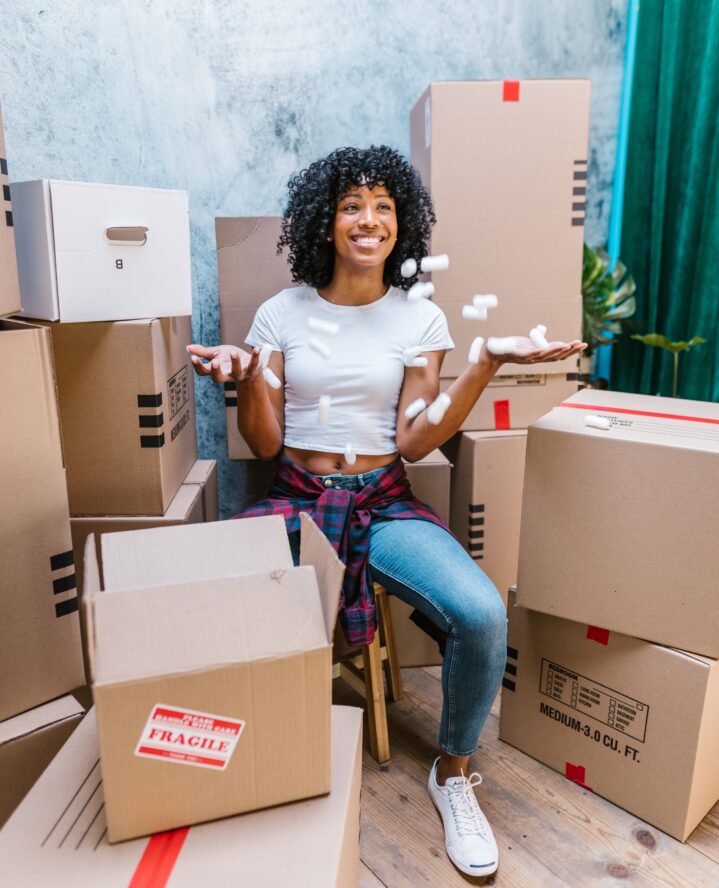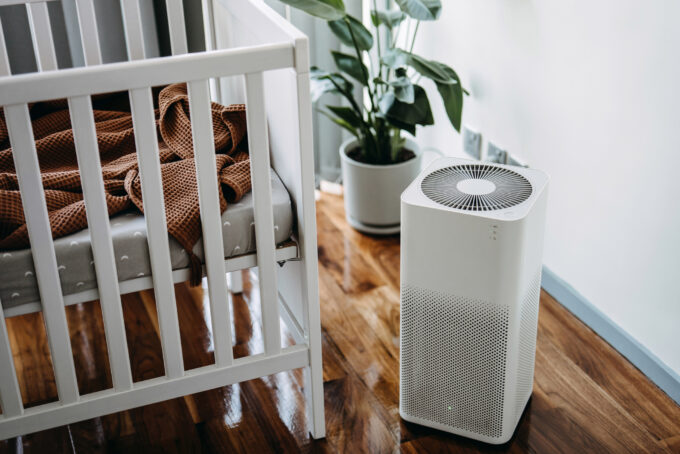We’ve been told, from the time we are very young, about the importance of recycling. It feels noble to have separate bins, and know you’re doing your part for a greener planet. The reality of it, however, reveals a much different story. Recycling is complicated, and since it’s done locally, states and even cities have their own separate rules. Not everything can be tossed into the recycling bin with the expectation that it will magically be transformed into a new product. These are just a few common misconceptions about recycling and things you might think are recyclable but, in reality, cannot be.

Plastic Bags: A Recycling No-No
The short answer is actually: it depends. Plastic bags are a common item found in households across the world. They are lightweight, versatile, and seemingly easy to recycle. However, they are one of the primary culprits when it comes to recycling contamination. Many recycling facilities do not accept plastic bags because they can clog up sorting machines and cause damage. Instead of recycling, consider reusing them or dropping them off at designated collection points, often found at grocery stores.
Pizza Boxes: More Grease, Less Recycling
Pizza boxes are typically made of cardboard, which is recyclable, right? Not necessarily. Pizza boxes often become contaminated with grease and food residues, making them unsuitable for recycling. The grease can interfere with the recycling process and compromise the quality of the recycled paper. To be more eco-friendly, tear off any clean cardboard portions for recycling and dispose of the greasy parts in the trash.
Styrofoam: An Environmental Menace
Styrofoam, or expanded polystyrene (EPS), is lightweight and used extensively for packaging. Unfortunately, it’s an environmental menace. It’s not accepted in most recycling programs because it’s difficult to recycle and breaks down into tiny, non-biodegradable pieces that can harm wildlife. To reduce Styrofoam waste, consider using alternatives like paper-based packaging or seek out specialized recycling programs that accept it.
Clothing with Elastic Bands
You might think that donating your old clothes is a sustainable choice, but some clothing items can cause issues in the recycling process. Clothing with built-in elastic bands or underwires can damage recycling machinery, leading to costly repairs and downtime for recycling centers. To avoid this, donate such items directly to thrift stores or organizations that can repurpose them.

Coffee Cups: More Than Meets the Eye
Coffee cups may appear to be made of paper, but many are lined with a thin plastic layer to prevent leakage. This lining makes them challenging to recycle, as the separation process is complex and costly. It’s best to lean into reusable coffee cups or check with your local recycling facility to see if they accept these cups.
Light Bulbs: A Bright Idea, but Not for Recycling Bins
Compact fluorescent lamps (CFLs) and fluorescent tubes contain small amounts of mercury, which is harmful to the environment. These should not be tossed in with regular recyclables. Instead, many hardware stores offer collection points for proper disposal to prevent mercury contamination.
Old Electronics: Hazardous Materials
Electronics have a bunch of recyclable components, but they also contain hazardous materials like lead and mercury. Throwing them in with your regular recycling can harm the environment. Instead, you may want to recycle them through specialized e-waste programs, often available at electronic stores or local recycling centers.

Broken Glass: Handle with Care
While glass containers like bottles and jars are recyclable, broken glass is not. Broken glass can injure recycling facility workers and contaminate other recyclables. To handle broken glass safely, wrap it in a newspaper or place it in a sturdy container before disposing of it in the trash.
popular posts
- 1It’s Black Business Month, So Let’s Go Shopping and #BuyBlack!
- 2These Home Decor Items Will Instantly Make Your Space Look Outdated
- 3Black-Owned Home Decor Stores To Support Across the United States
- 4A Look Inside Elon Musk's Tiny $50,000 House
- 57 Black and Multicultural Designers To Follow For Design Inspo
Home

These 5 Kitchen Tools Will Up Your Culinary Experience
by Arielle Clay | January 19, 2023

I’ll Drink To That! Host a Black-Owned Wine & Spirit Tasting At Home
by Arielle Clay | January 20, 2023
Spaces
Whether it’s luxury or ease, every area of your home should be as fabulous and unique as you.

Creating a Sustainable and Zero-Waste Home: Tips & Strategies
by Melody Beuzelin | March 15, 2023
FOLLOW ALONG ON INSTAGRAM
#homeandtexture
Find us on social for more home inspiration where culture, personal style, and sophisticated shopping intersect to help you create a home where you love to live.





